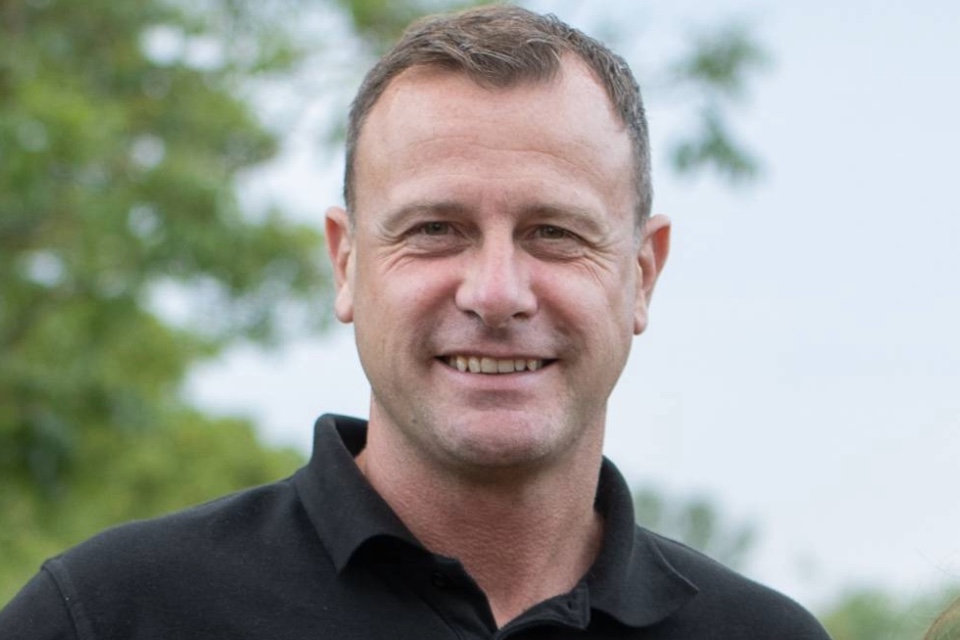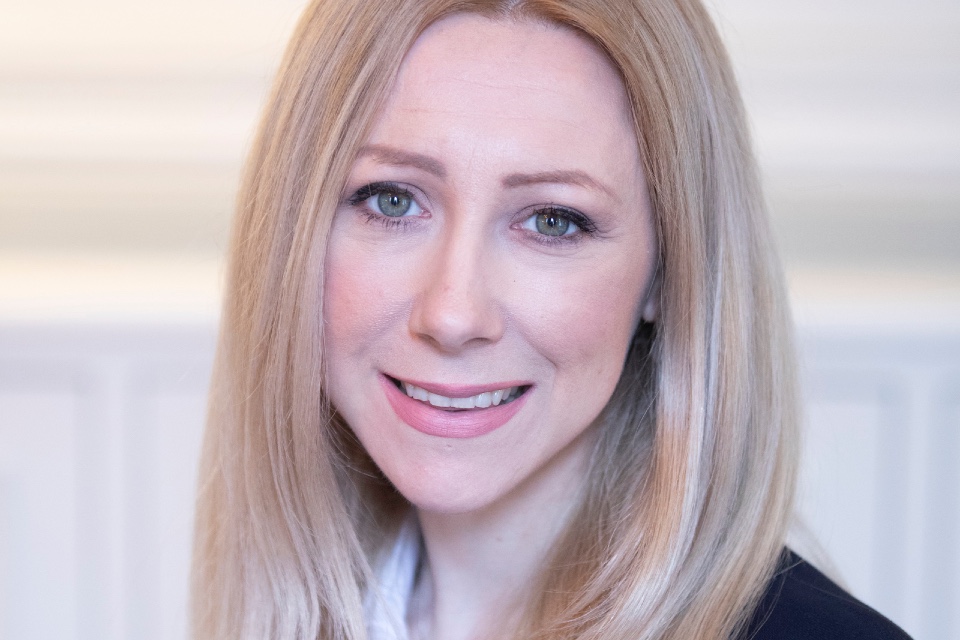In the latest instalment of our supply chain executive interview series, we sat down with Gunnar Gburek, Company Spokesman & Head of Business Affairs at TIMOCOM, to talk about his company, industry issues and careers advice…
Tell us about your company, products and services.
TIMOCOM runs a comprehensive system of applications for the logistics industry, that is, Europe’s first Smart Logistics System. In our system, customers have access to apps that provide smart, safe and simple solutions for their logistical processes. Within this system, we connect road hauliers, freight forwarders and manufacturing and trade companies in a neutral network encompassing more than 43,000 verified companies.
What have been the biggest challenges and opportunities the Supply Chain industry has faced over the past 12 months?
There is still a big gap between the amount of digitalisation available in larger transport and logistics companies and smaller ones. Logistics giants have been working digitally for years, but small and mid-sized transport companies often have trouble affording complex software solutions. Among other helpful solutions, TIMOCOM enables them to enter the digital era and to keep up with market demands. By doing so, we follow our vision of a world without logistical challenges.
What is the biggest priority for the Supply Chain industry in 2019?
Using resources best-suited to solving industry problems that have existed for years. Cross-company cooperation of partners and processes in logistics transport networks is necessary and digital tools can facilitate this, especially for smaller and mid-size companies.
What technology is going to have the biggest impact on the market this year?
Artificial intelligence (AI), Robotics and blockchain technology are being discussed in the media constantly, but they cannot meet all the challenges. Data and information within the transport chain must be able to be exchanged smartly, safely and simply during each transport order. We must end media disruption and create sustainable networking.
In 2022 we’ll all be talking about…?
The ongoing demand for automation of services and technical processes. This is what I see as the actual drive behind the talks on artificial intelligence, automation in delivery and blockchain technology. These can surely be important means to improve the supply chain. Faxes and PDF files sent by e-mail are, however, often used, meaning there are still important obstacles to overcome in order to achieve a digitalised infrastructure.
What’s the most surprising thing you’ve learnt about the Supply Chain sector?
The biggest surprise is that even now many believe that they can simply continue as before without digitalisation and with yesterday’s methods and tools like telephone, fax or e-mail.
What’s the most exciting thing about your job?
I love to talk with different companies of all types and sizes about their needs, their questions and their strategies concerning the future of supply chains. And then work together with TIMOCOM to take this feedback into account and include them in our services and products/applications.
And what’s the most challenging?
As mentioned before, not to follow hypes and distant future promises is important but to change the mindset of the people What our customers need now and in the medium-term is to be able to solve their logistical challenges digitally. Because Logistics is changing, constantly, every day and we apt our system to meet those needs. For our customers, we serve as a reinforcement and improvement through digitalisation.
What’s the best piece of advice you’ve ever been given?
Perfectly fitting to my answer given above: Concentrate on the essentials and take one step at a time.







